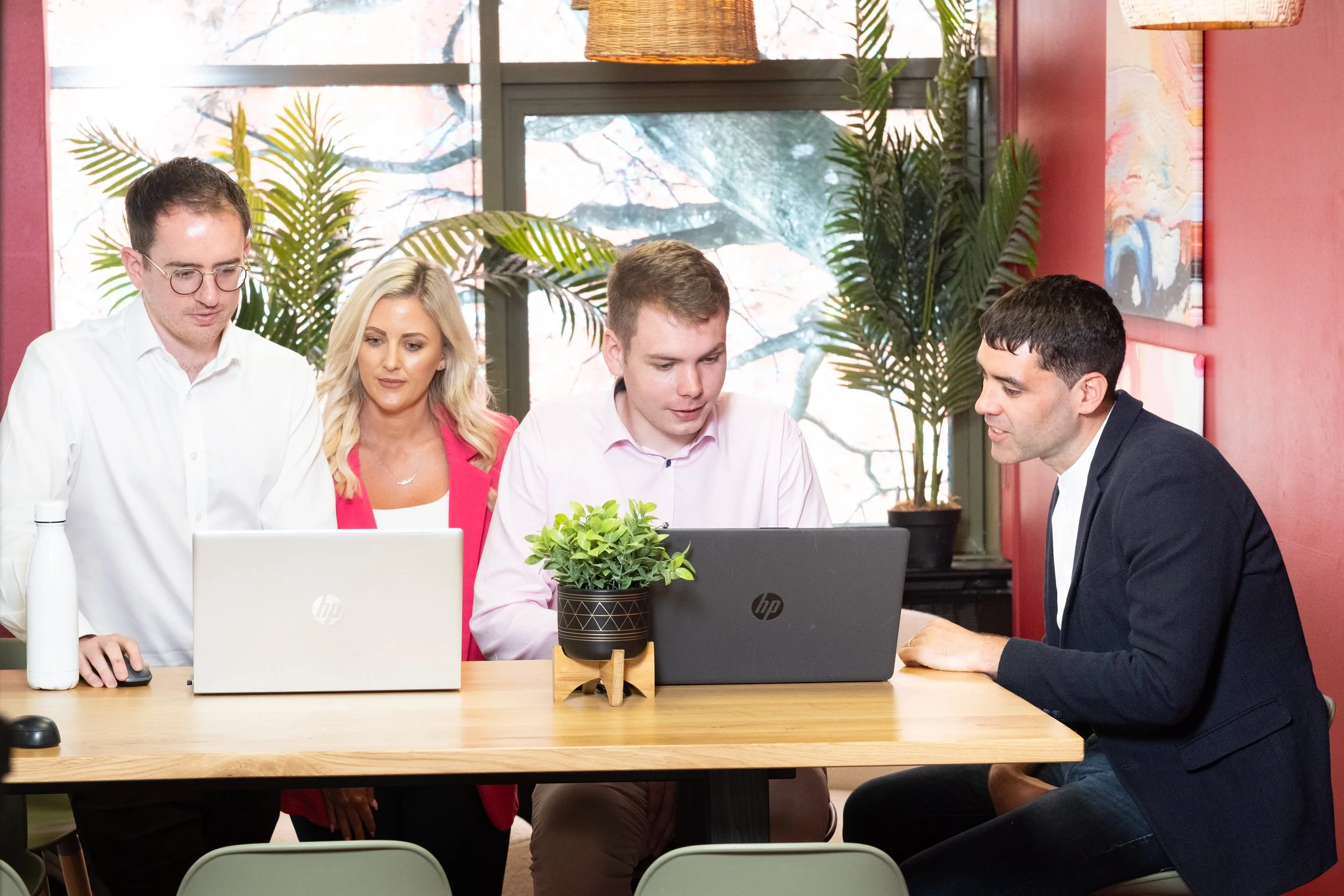50% Tax Relief – new businesses that have not operated in any market.
Social Infrastructure Projects – enterprises supporting Ireland’s long-term development.
Growth Through Real Assets – companies acquiring property or physical assets to operate and scale.
Committed Founders – experienced teams investing their own capital alongside ours.
What we Invest In
Our primary EIIS investment focus is on social infrastructure projects that qualify for 50% income tax relief. Social infrastructure projects involve the development, construction, and maintenance of facilities and systems that support essential services, enhancing the quality of life in our communities.
Renewable Projects
Solar
Wind
Biomass
Childcare
Creche Facilities
Pre-school
After school
Recreational
Sports Complexes
Wellness Centres
Healthcare
Nursing Homes
Residential Care Facilities
Hospitality
Hotels
Hostels
If your business aligns with any of the above criteria and you are seeking EIIS investment, we would be delighted to hear from you. Please get in touch to explore whether we could be the right partner for your growth.
-
EIIS is a government-backed initiative that replaced the Business Expansion Scheme (BES) in 2011. It encourages individuals to invest in private Irish companies by offering income tax relief of up to 50% on qualifying investments.
EIIS provides different levels of income tax relief depending on the type of qualifying investment:
50% Relief – Available for investments in brand new companies that have not yet commenced trading (Initial Risk Finance).
35% Relief – Available for investments in established trading companies that qualify under EIIS rules. Industry and time in business are key factors when determining eligbility.
20% Relief – Available for Expansion Risk Finance, where older companies raise funds specifically for expansion into new products or markets, subject to strict conditions.
-
A company may raise:
Up to €5.5 million in any rolling 12-month period.
Up to €16.5 million over its lifetime.
-
EIIS investments must be held for at least 4 years.
If shares are sold early, the investor’s tax relief may be clawed back — unless pre-agreed compensation is arranged by the company. -
EIIS investments must be equity-based and carry risk. Common formats include:
Ordinary Equity – standard shares.
Redeemable Equity – fixed annual coupon (around 5–10%), typically rolled up and paid with principal after 4 years.
Convertible Equity – preference shares that may convert to ordinary equity.
Example: An investor puts in €100k at a 7.5% coupon. After 4 years, they may receive €130k (principal + coupon), alongside their tax relief.
-
RICT Group – The EIIS company plus all linked/partner companies, assessed together for eligibility.
RICT Return – Filed with Revenue when EIIS shares are issued.
Statement of Qualification (SOQ) – Provided by the company to investors, enabling them to claim tax relief.
FAQs
-
On issue date: Must be an SME, incorporated in Ireland/EEA, less than 7 years since first commercial sale or less than 10 years since incorporation, privately held, tax-compliant, and not in financial difficulty.
During 4 years: Must remain tax-resident in Ireland/EEA, actively trading or conducting R&D in Ireland, avoid returning capital, and ensure share capital stays fully paid.
Growth requirement: Must increase employment or R&D spend.
Failure to meet conditions may trigger a clawback of tax relief.
-
Yes. A company must prepare a detailed plan including:
Products/services offered
Sales and profit projections
Use of EIIS funds and cashflow forecasts
Future investment plans
Clear evidence of funding need
-
No. EIIS is self-certified. Companies must determine eligibility themselves. While professional tax advice is strongly recommended, Revenue may issue determinations in contentious cases.
-
Simplifies fundraising – one institutional investor rather than multiple individuals.
Investor confidence – backed by regulated professionals.
Board-level support – managers may provide strategic input.
Protective covenants – safeguards on major company actions, ensuring investor alignment.
-
At least quarterly. More frequent updates are recommended, as they build trust and may attract support from investors. EIIS Funds typically use secure platforms (like DocSend) to share updates.

